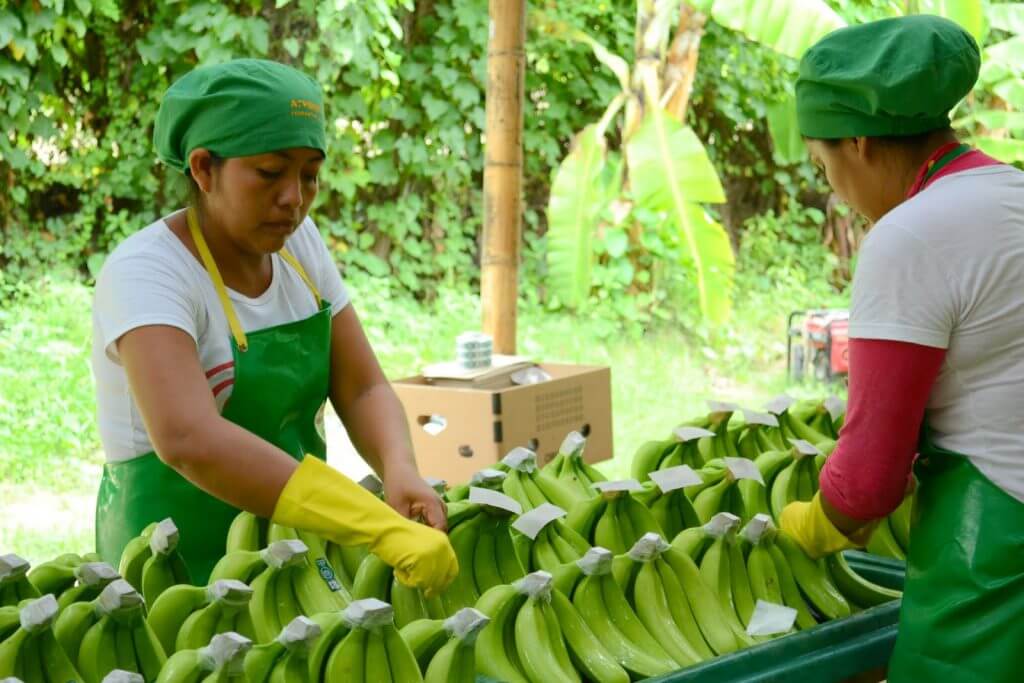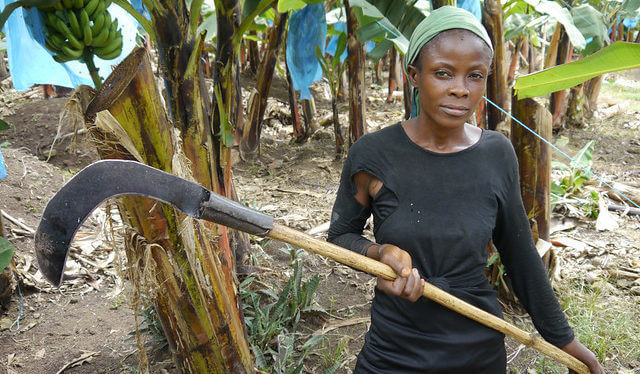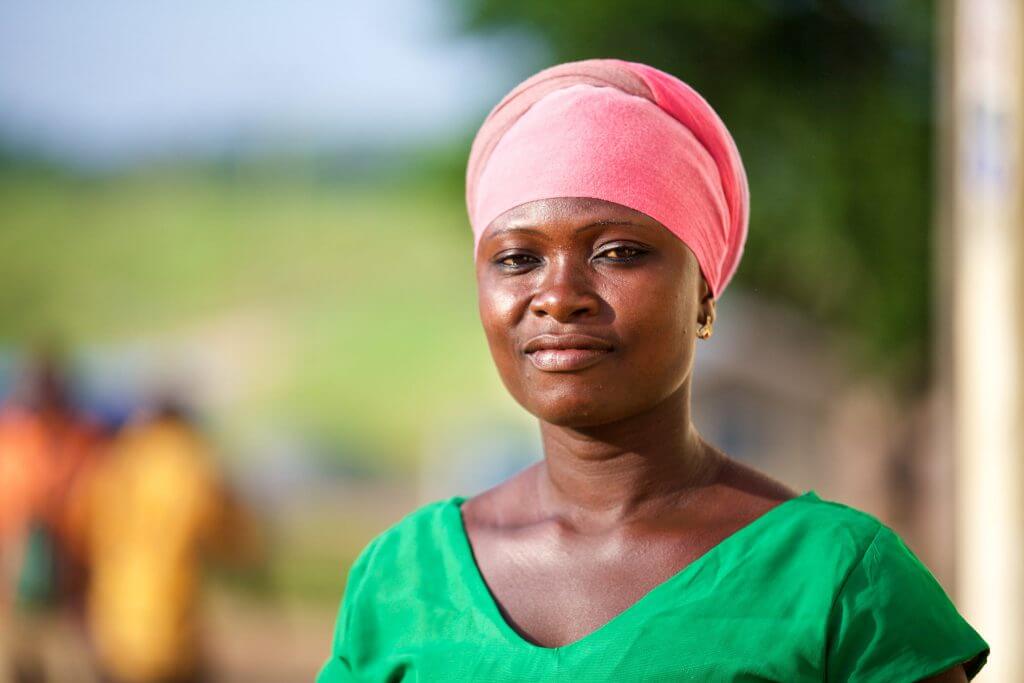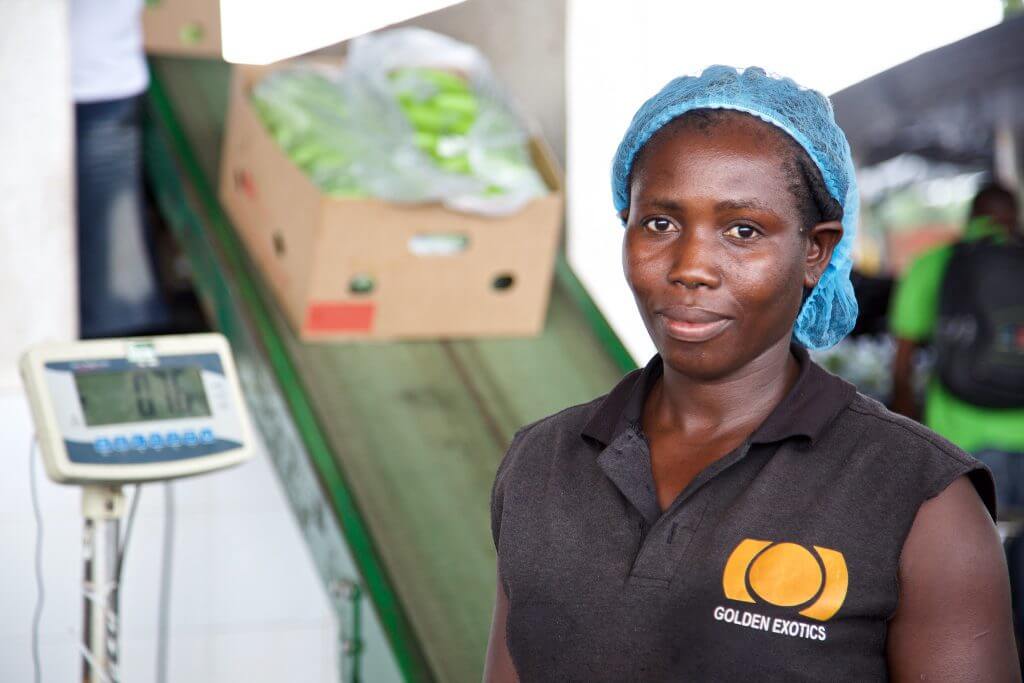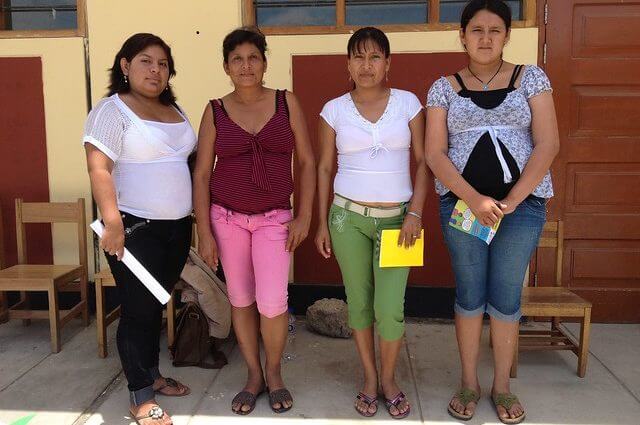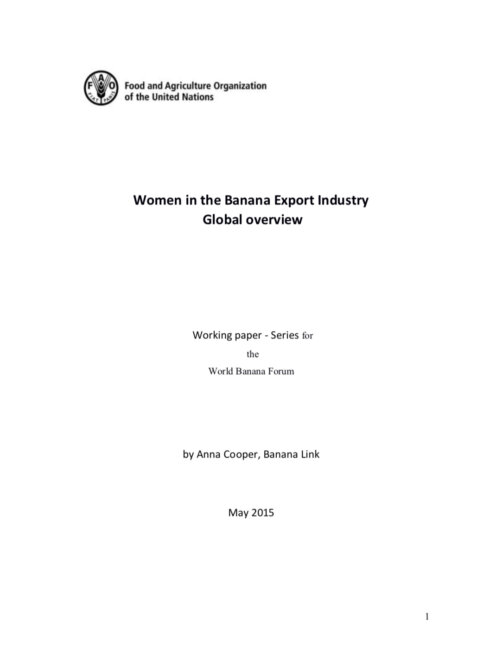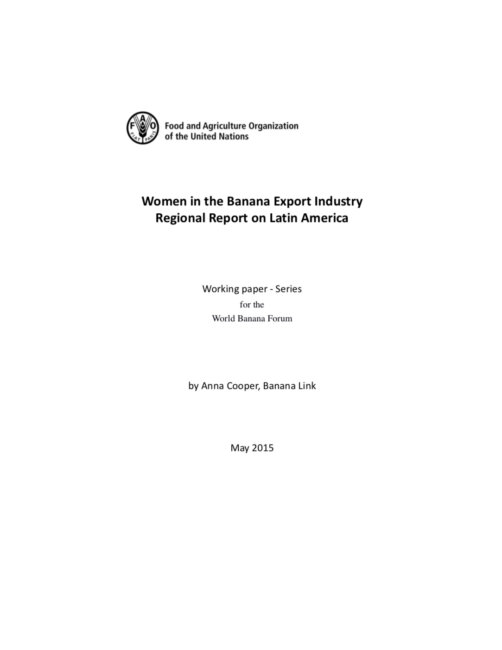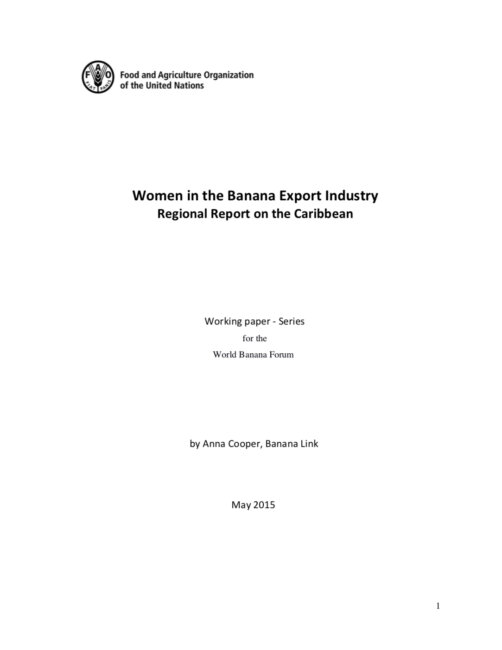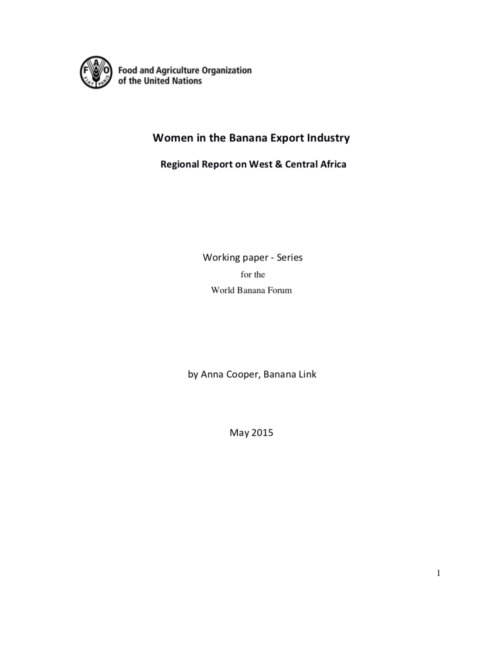For decades there has been a lack of female representation within Latin American banana workers unions. COLSIBA recognises that “men alone cannot fairly negotiate about certain elements of work on the plantations. Women also need a voice for their needs.”
In 2013, COLSIBA elected Iris Munguia as Coordinator at COLSIBA, becoming the first woman to be elected to lead COLSIBA, and illustrating the great progress Latin American unions have made in terms of gender representation.
While in Honduras, Oneyda Galindo, president of the SITRASURCO, and first woman leader of a banana workers union, has said “we’re very proud to say that over half the members of the union are women…thanks to a lot of awareness-raising work.”
